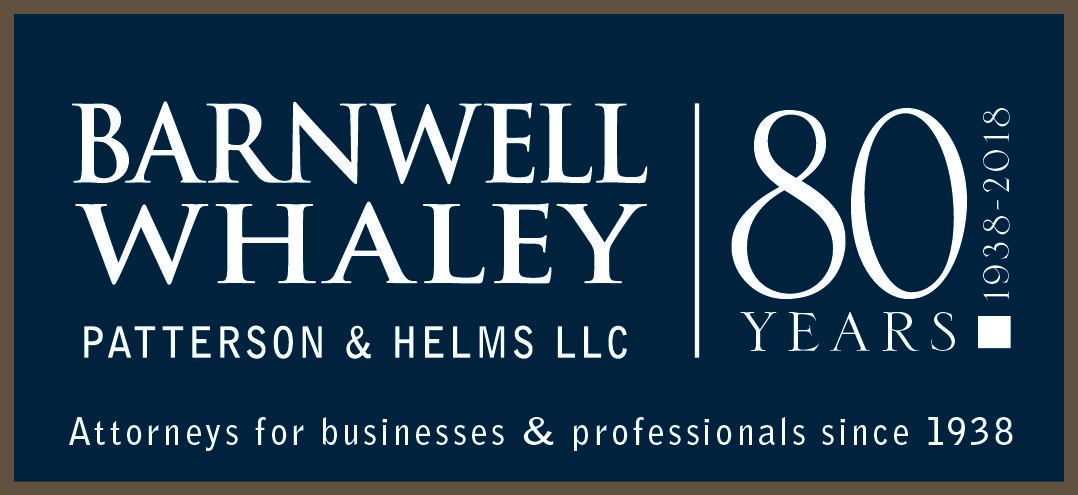
HONEYWELL INTERNATIONAL INC., Appellant v. MEXICHEM AMANCO HOLDING S.A. DE C.V., DAIKIN INDUSTRIES, LTD., Appellees
2016-1996
Decided: August 1, 2017
Opinion by Circuit Judge Lourie with Circuit Judge Reyna
Opinion dissenting-in-part by Circuit Judge Wallach
Honeywell appealed from a decision of the U.S. Patent and Trademark Office Patent Trial and Appeal Board affirming the Examiner’s rejection, in two merged inter partes reexaminations, of claims under 35 U.S.C. § 103. The Federal Circuit vacated the decision and remanded the case to the Board.
The Examiner found that the primary reference expressly discloses HFO-1234yf (a hydrofluoroolefin refrigerant) required by the claims and that each of the secondary references teaches the use of PAG (polyalkylene glycol) lubricants with HFC (hydrofluorocarbon) refrigerants. Honeywell argued to the Board that the primary reference does not teach the use of HFO-1234yf with any particular lubricant, much less a PAG lubricant, and that such a combination would not have been obvious to one of ordinary skill in the art. Honeywell submitted evidence of secondary considerations, including: unexpected stability of HFO-1234yf in combination with PAG lubricants; long-felt but unmet need for compositions having certain environmentally-favorable characteristics; and skepticism that such an environmentally-friendly composition existed.
Honeywell argued that the Board improperly relied on hindsight to find that one of ordinary skill would have had a reasonable expectation of success in combining HFO-1234yf with PAG lubricants. Honeywell provided evidence that, at the time of the invention, HFO refrigerants were known to be highly reactive and unstable. However, HFO-1234yf was unexpectedly stable in combination with PAGs, which were also previously understood to be unstable.
Honeywell also argued that the unpredictability of the stability/miscibility of HFO-1234yf with PAGs, as well as the unexpected results weighed against the Board’s obviousness determination. Honeywell also challenged the Board’s reasoning that the Board disregarded the unexpected miscibility of the combination as an “inherent property” of the refrigerant.
The court opined that the Board committed legal error by improperly relying on inherency to find obviousness and in its analysis of motivation to combine the references, stating that the Board’s analysis was ”internally inconsistent.” While the Board indicated that stability/miscibility is an inherent property of HFO-1234yf, the Board rejected the Examiner’s similar reasoning in responding to Honeywell’s evidence of secondary considerations, acknowledging that inherent properties must be considered if they demonstrate unexpected and nonobvious results.
“Thus, on the one hand, the Board dismissed Honeywell’s evidence regarding the unpredictability and unexpected properties of the claimed combination by characterizing them as “inherent” and of non-patentable weight.” “On the other hand, the Board later credited that very same evidence, conceding that it persuasively established the ‘overall unpredictability’ in the art, but then dismissed it for other reasons — namely, that because of the unpredictability as to stability of the claimed combination, ‘routine testing’ would have led to its discovery.”
The court went on to say “that the use of inherency in the context of obviousness must be carefully circumscribed because ‘[t]hat which may be inherent is not necessarily known’ and that which is unknown cannot be obvious.” “What is important regarding properties that may be inherent, but unknown, is whether they are unexpected.”
The court indicated that while the Board acknowledged that stability was unpredictable, it seemed to conclude that “one of ordinary skill would have made no predictions at all” and “‘routine testing’ would have led the skilled artisan to the claimed combination.” “Honeywell’s evidence persuasively established the ‘over all unpredictability’ in the art, but [the Board] then glossed over that finding with a ‘routine testing’ rationale because Honeywell did not persuasively prove an expectation of failure.” “[R]easoning that one would no more have expected failure than success is not a valid ground for holding an invention to have been obvious.”
The court noted that under 35 U.S.C. § 103 patentability shall not be negated by the manner in which the invention was made. “That provision was enacted to ensure that routine experimentation does not necessarily preclude patentability.”
The court also considered whether the Board relied on a new ground of rejection for dismissing Honeywell’s evidence of unexpected results. The new ground of rejection was evidence that failure would not have been expected in combining HFO- 1234yf with PAG lubricants. “[T]he ‘ultimate criterion’ is ‘whether applicants have had fair opportunity to react to the thrust of the rejection.’” The court concluded that Honeywell did not have that fair opportunity, since the thrust of the Board’s analysis of secondary considerations was not the same as that of the Examiner.
The dissent agreed that the case should be vacated and remanded, “except for the discussion pertaining to a purported new ground of rejection issued by the PTAB.” Judge Wallach indicated that the reference “was not ‘the principal evidence upon which the [PTAB]’s rejection was based’” and did not constitute a new ground of rejection.
Read more: Federal Bar member attorneys may access the full case summary by Barnwell Whaley attorney Bill Killough in the September 2017 issue of Federal Circuit Case Digest.
Additionally, you may read the full opinion here.
Image: Thinkstock.
 B.C. “Bill” Killough is a registered patent attorney with Barnwell Whaley law firm with offices in Charleston, SC and Wilmington, NC. On behalf of his clients, Bill has obtained more than 300 United States patents, participated in prosecuting more than 100 foreign patent applications and he has filed more than 1000 trademark applications with the US Patent and Trademark Offices.
B.C. “Bill” Killough is a registered patent attorney with Barnwell Whaley law firm with offices in Charleston, SC and Wilmington, NC. On behalf of his clients, Bill has obtained more than 300 United States patents, participated in prosecuting more than 100 foreign patent applications and he has filed more than 1000 trademark applications with the US Patent and Trademark Offices.




